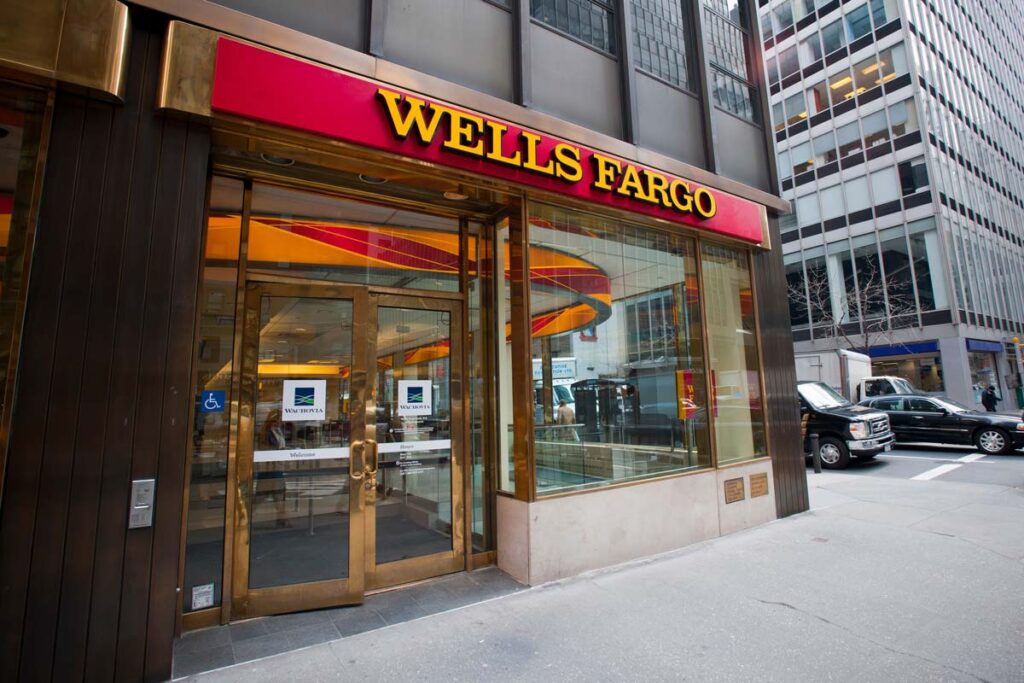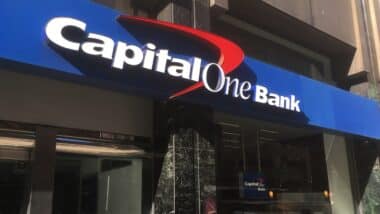
Wells Fargo class action lawsuit overview:
- Who: Plaintiffs urged a judge not to grant Wells Fargo’s motion for summary judgment.
- Why: They allege their Wells Fargo class action lawsuit shows the bank knowingly participated in a marketing scam and ignored obvious signs of fraud.
- Where: The Wells Fargo class action lawsuit was filed in California federal court.
A Wells Fargo class action lawsuit over the bank’s alleged participation in a free trial scam should continue, the plaintiffs in the case argue in a motion opposing the bank’s motion for summary judgment.
The Wells Fargo class action lawsuit was initially filed in 2021 over allegations the bank knowingly engaged in a marketing scam involving purportedly free trials that turned into costly subscriptions that were difficult to cancel, ultimately scamming $200 million from consumers.
The schemes reportedly involved Triangle Media Corp. and Apex Capital Group LLC, which were the target of Federal Trade Commission lawsuits which have since been settled.
Triangle and Apex allegedly marketed online “free trials” of dietary supplements and personal care products. Consumers were led to believe they would only pay shipping and handling costs, but were allegedly unknowingly enrolled in subscription programs that were difficult to cancel.
The Wells Fargo class action lawsuit says the bank maintained depository accounts used to perpetrate the free trial scam.
Wells Fargo class action says bank knowingly helped scammers
On July 8, the plaintiffs opposed Wells Fargo’s recent motion for summary judgment, arguing a “mountain of facts” shows the bank knew about the alleged fraud and fraudulent transfers for years and “provided atypical bank services” to facilitate the scams.
They point to evidence Wells Fargo knew of the high risk nature of the scams because the enterprises’ business models were known to result in a lot of chargebacks from consumers who were unable to cancel their subscriptions or get refunds.
“Merchant processors see rising chargebacks as a strong sign of fraud and will terminate a retailer’s account if its chargeback rate exceeds the 1% industry standard,” the plaintiffs explain. “For this and other fraud-related reasons, processors regularly terminated the enterprises’ accounts.”
The enterprises thus required new depository accounts and allegedly established shell accounts at Wells Fargo, and the bank “deliberately disregarded obvious indicia of fraud” to maintain its relationships with the scam perpetrators, the court documents allege.
The plaintiffs claim that Wells Fargo and the enterprises developed a “symbiotic relationship” in which the scammers regularly needed new shell bank accounts to get around payment processors’ anti-fraud measures and Wells Fargo employees, who faced pressure to open new accounts, regularly ignored the signs of fraud.
Another recent Wells Fargo class action lawsuit alleges the bank does not reimburse customers when they are defrauded.
What do you think about the allegations in the Wells Fargo class action lawsuit? Join the discussion in the comments.
The plaintiffs are represented by Jonathan M. Rotter, Melissa C. Wright, Garth A. Spencer and Gregory B. Linkh of Glancy Prongay & Murray LLP and Logan Smith of McNamara Smith LLP.
The Wells Fargo free trial class action lawsuit is McNamara v. Wells Fargo & Co., et al., Case No. 3:21-cv-01245, in the U.S. District Court for the Southern District of California.
Don’t Miss Out!
Check out our list of Class Action Lawsuits and Class Action Settlements you may qualify to join!
Read About More Class Action Lawsuits & Class Action Settlements:















One thought on Wells Fargo ‘free trial’ was marketing scam, class action says
It doesn’t hold anyone responsible, they have insurance that will cover their losses and when it comes down to it, nobody losses their job or really get held responsible for their actions. Someone needs to be put in jail for their wrong doings.